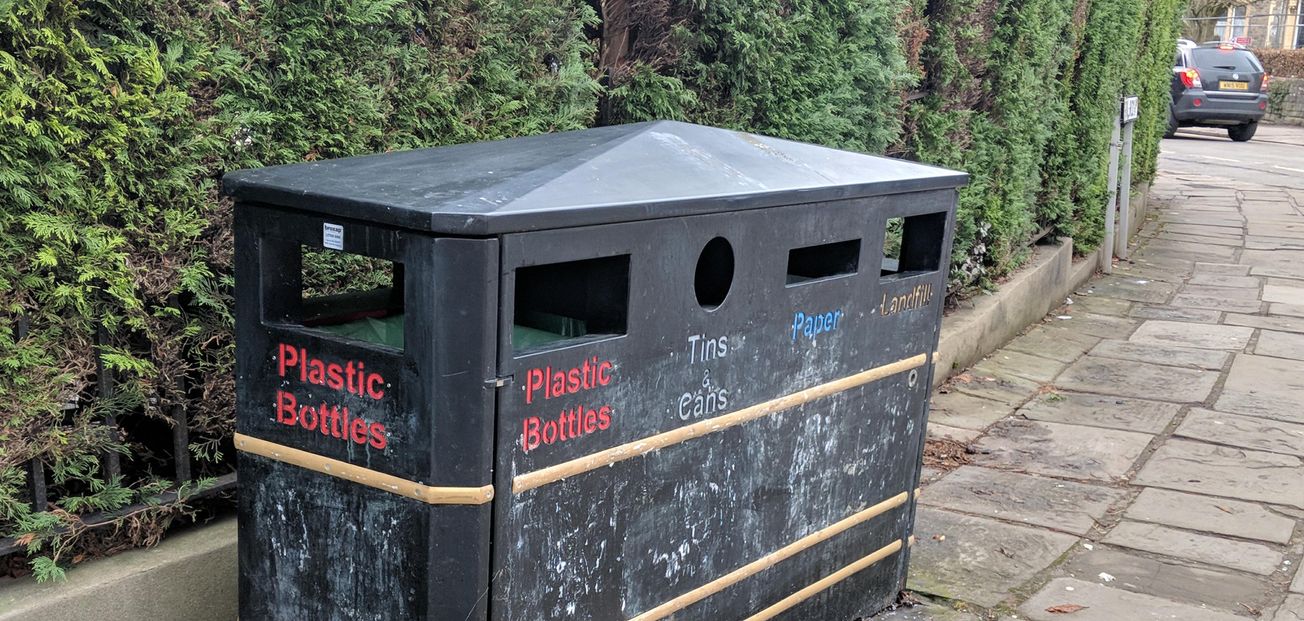Deputy Travel Editor Evy Tang urges the British government to take a leaf out of Germany’s book.
In Germany, it quite literally ‘pays’ to recycle. When buying beverages - alcoholic or not - you pay a ‘deposit’ on the bottle which you can get back by returning it to a bottle disposal unit. This deposit, or ‘Pfand’ in German, encourages people to recycle bottles. Different types of bottles have a different value; beer bottles are worth €0.08 and glass bottles or tin cans reward you with a staggering €0.25! Germans often build up a ‘Pfand’ collection and wait until they have too many bottles in their flat before returning them to the supermarket. What a way to make ends meet every month, eh?
Cleaning up after a house party is less dull when you are reimbursed for your efforts
Many students stockpile bottles and take large IKEA bags of them to the supermarket to return them and get money back. Sometimes there is a competitive element to it. Cleaning up after a house party is less dull when you are reimbursed for your efforts; the bigger the deposit, the better the party, right?
Returning the bottles is an experience in itself. The bottle disposal unit looks like a sci-fi time machine. It reads the value of each bottle, ‘digests’ it and then prints a receipt which you can use in the supermarket to pay for groceries.
Recycling #plastic gives it a second life and reduces the chance of it ending up in our environment. https://t.co/xcTw6lETtb #plasticplanet #recyclinggap #wednesdaywisdom #seaside pic.twitter.com/qYb3Ch98EL
— Recycle Now (@recycle_now) February 28, 2018
Norway, a pioneer in sustainability and environmental innovation, also boasts a successful recycling system. 97% of bottles in the country are recycled; Michael Gove can only dream of such a high percentage in the UK. But the BBC recently reported that the British government are examining the Norwegian system and considering how we could set up a similar scheme here. Recycling for a few pennies would give students and families an economic incentive and an opportunity to make a difference. According to the Department for Environment, Food & Rural Affairs, the number of plastic bags used by shoppers has decreased by 80%. France has also introduced a ban on plastic cutlery and plates, which they hope to implement in 2020, and the Evening Standard recently launched the Last Straw campaign, hoping to rid the capital of plastic straws.
Recycling for a few pennies would give students and families an economic incentive and an opportunity to make a difference
Many argue that Germany and Norway’s recycling system also has a positive social impact. Homeless people seize the opportunity to earn themselves free coppers by collecting as many tin cans and glass bottles as they can, and scour the local area for recyclable materials. Suddenly, homeless communities are on the move, relying less upon donations from passers-by and more upon money they make themselves. They spend less time on the streets and more time on their feet, actively searching rather than hoping for a lucky break. But are there any drawbacks?
I hope that my flat in Bristol will be as full of bottles as my flat in Germany was
Installing bottle disposal units in every UK supermarket would be expensive and would take time. The government has budgetary concerns and for the moment, the consultation process and the review of the Norwegian method has only just begun. What’s more, Britain’s established model of tips or recycling centres might come under strain - would we still need them? Finally, some people worry that providing Britain’s homeless community with economic incentives could lead to conflict rather than upward social mobility. Images of people scrapping for used water bottles in the street to live above the poverty line would dominate the headlines.
Despite this, I think the benefits far outweigh the negatives. I give my full support to the UK government adopting a deposit system for bottles and I hope that, in the coming months, my flat here in Bristol will be as full of bottles as my flat in Germany was.
Featured image: Epigram / Evy Tang









